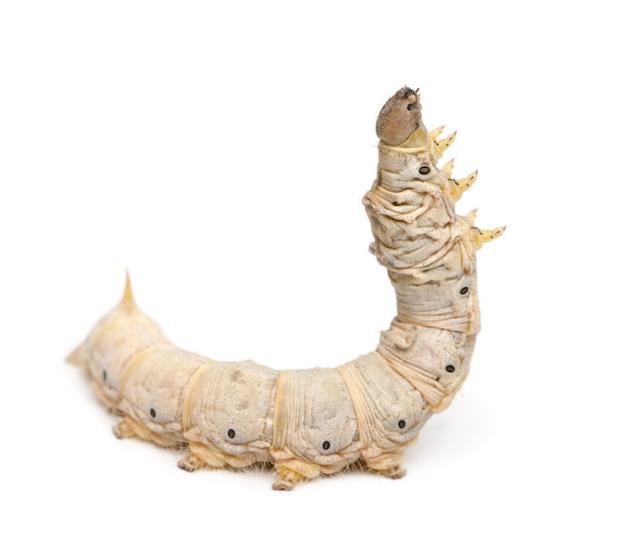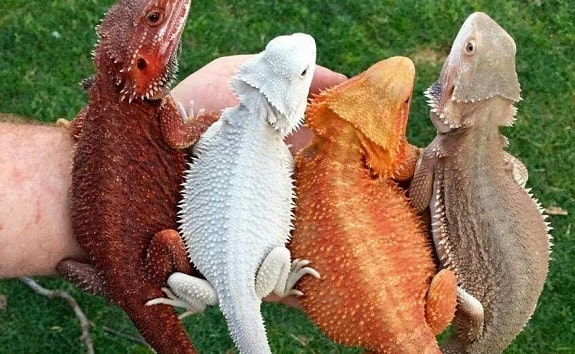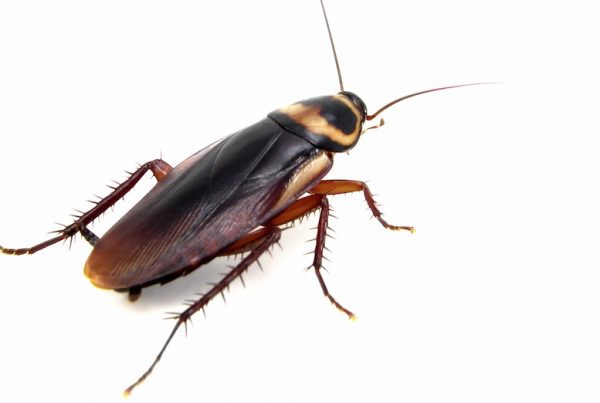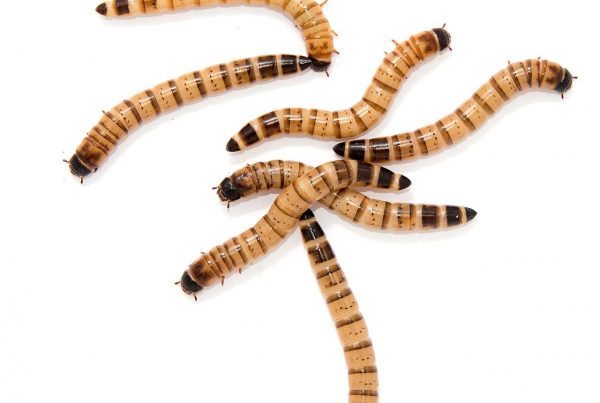Silkworms as feeder insects
In the wild, reptiles and other insect eating animals would be exposed to a variety of different insects on a daily basis and the best thing as a pet owner would be to simulate this natural variety in their diet.
Although silkworms are native to China, they have been introduced throughout the world and have gone under complete domestication, with the species no longer being found in the wild.
Nutritional content:
According to many, the silkworm is naturally one of the most nutritious insects you can get to feed your pet. In comparison to other feeder insects, the silkworm has a low fat content with the added benefits of a high calcium, protein, vitamin and mineral content.
In South Africa, one of the most commonly used feeder insect is crickets where one fully grown silkworm is approximately the mass of eight fully grown crickets.
Why choose silkworms as a feeder insect?
Silkworms are not noisy or smelly, nor do they jump or run like other insects which often makes them the preferred feeder insect. With our very own formulated silkworm chow, you do not need to worry about finding fresh mulberry leaves every couple of days.
An additional advantage for the silkworm is their soft exo-skeleton which allows for optimal absorption of nutrition.
See below graph, detailing the difference in nutrition for silkworms, crickets, mealworms, super worms and black soldier fly larvae:
Reptile Feeder Insect Nutritional Breakdown
| Feeder Insect | Moisture Content | Protein | Fat | Calcium (mg/ 100g) |
| Silkworms | 76% | 64% | 10% | 34 |
| Crickets | 74% | 18% | 6% | 14 |
| Mealworms | 59% | 10% | 13% | 3.28 |
| Superworms | 59% | 20% | 16% | 10.8 |
| Black Soldier Fly Larvae | 61% | 16% | 14% | TBC |
Make sure to head on over to our website to get access to the first ever, year round supply of silkworms in South Africa with our very own silkworm chow: www.silkwormshop.co.zahttp://13.245.183.234/product/silkworm-chow-powder-200g/
Take a look at how beneficial silkworms can be for fish here.





Recent Comments